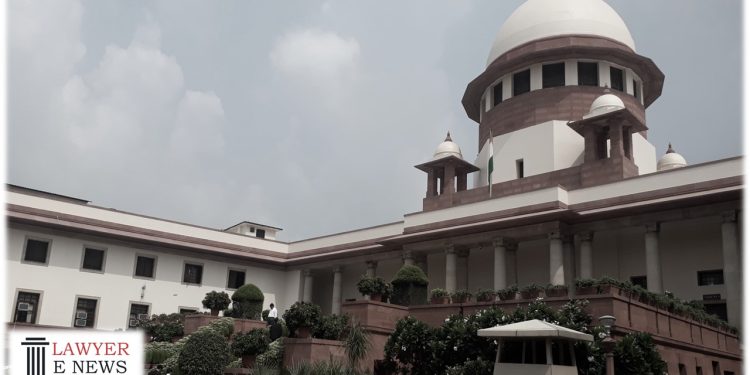Supreme Court Upholds Constitutional Validity of Section 140(5) of the Companies Act and Affirms Powers of NCLT to Proceed Against Auditors

In a significant ruling, the Supreme Court of India has addressed the constitutional validity of Section 140(5) of the Companies Act, 2013, and upheld its validity. The court, in its judgment, stated that the provision is not arbitrary, excessive, discriminatory, or violative of Articles 14 and 19(1)(g) of the Indian Constitution. The ruling emphasizes the critical role of auditors in protecting the interests of stakeholders and affirms the legitimacy of Section 140(5) in dealing with cases of fraudulent conduct by auditors.
The case in question involves auditors BSR & Associates LLP and Deloitte Haskins & Sells LLP, who resigned from their positions as auditors of Infrastructure Leasing & Financial Services (IL&FS) amid allegations of financial irregularities. The Central Government initiated proceedings under Section 140(5) of the Companies Act, 2013, seeking disgorgement and debarring of the auditors and their firms from auditing any other company for a period of five years.
Previously, the High Court had held that once auditors resign, the proceedings under Section 140(5) are not maintainable. However, the Supreme Court overturned this decision and affirmed the maintainability of proceedings against auditors even after their resignation. The court clarified that the National Company Law Tribunal (NCLT) possesses the authority to pass final orders on allegations of fraudulent conduct by auditors, regardless of their resignation.
The Supreme Court observed that Section 140(5) explicitly states that the powers conferred upon the NCLT shall be without prejudice to any action under the Companies Act, 2013, or any other prevailing law. Consequently, the court concluded that the maintainability of proceedings under Section 140(5) persists even after the auditors’ resignation.
Additionally, the Supreme Court addressed the challenge to the constitutional validity of Section 140(5) and validated its existence. The court emphasized the pivotal role played by auditors in safeguarding the interests of stakeholders and recognized that Section 140(5) is justified in its intention to tackle fraudulent conduct by auditors.
The judgment holds significant implications for the auditing profession and strengthens the regulatory framework governing auditing practices in India. By upholding the constitutional validity of Section 140(5) and affirming the powers of the NCLT to proceed against auditors, the Supreme Court reinforces the accountability and responsibility of auditors in maintaining the integrity and trustworthiness of financial reporting.
The ruling sets a precedent for future cases involving auditors’ misconduct and provides clarity on the interpretation and application of Section 140(5) of the Companies Act, 2013. It serves as a reminder of the importance of auditors in upholding the principles of transparency and accountability in corporate governance.
Date: May 3, 2023
Union of India and Another VS Deloitte Haskins and Sells LLP & Anr






